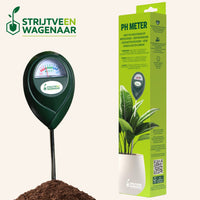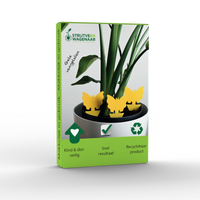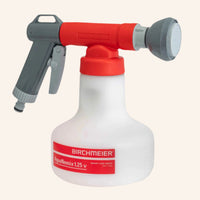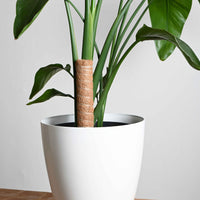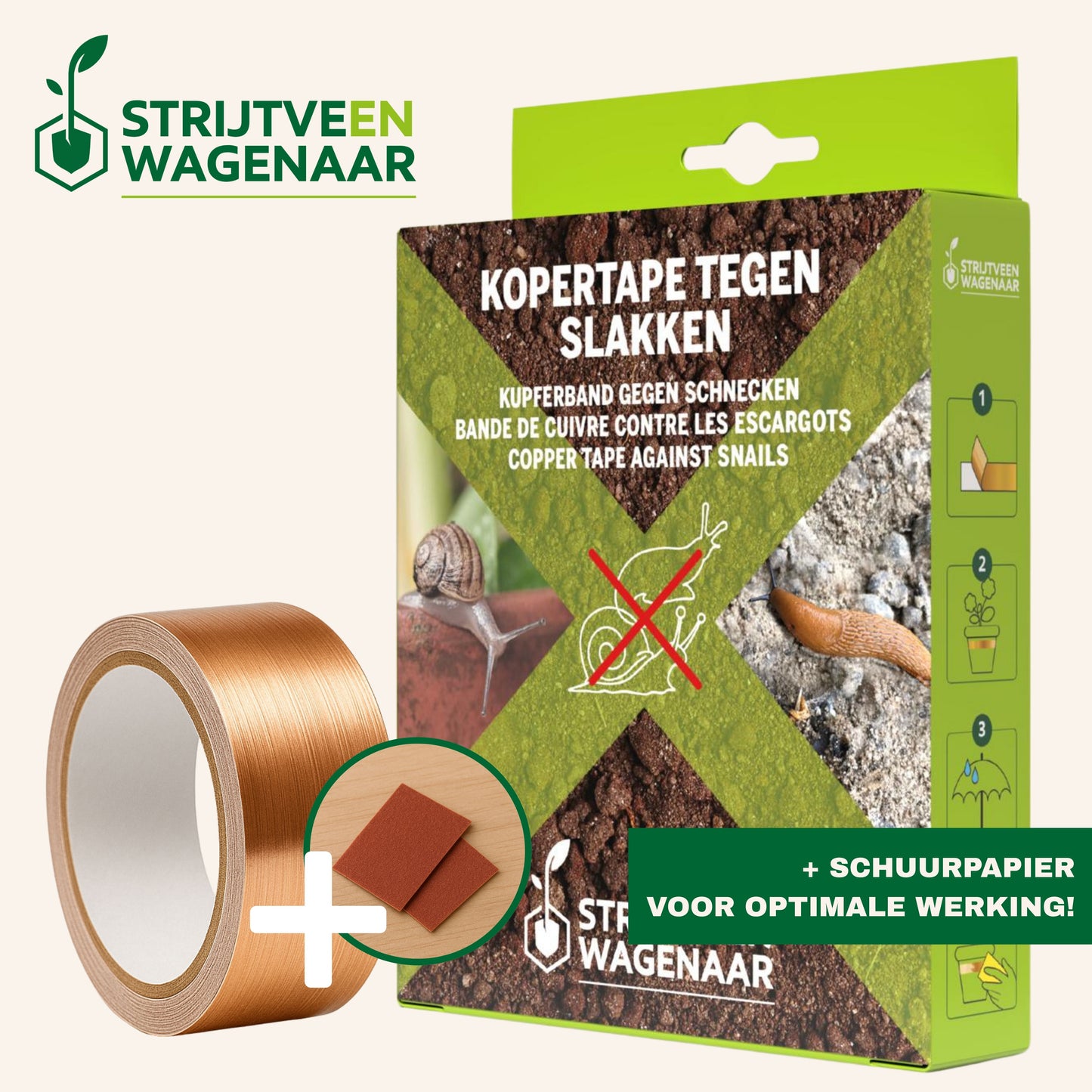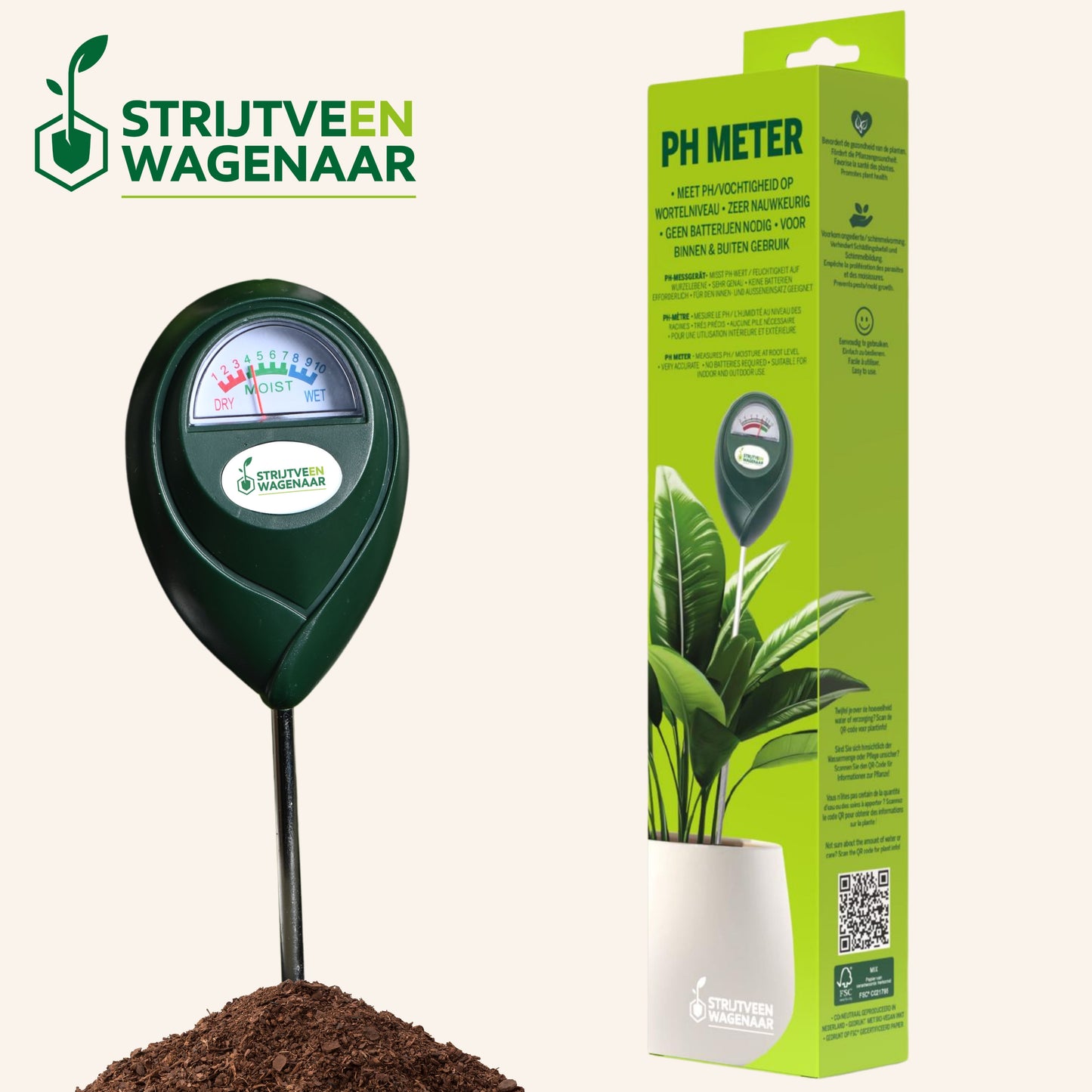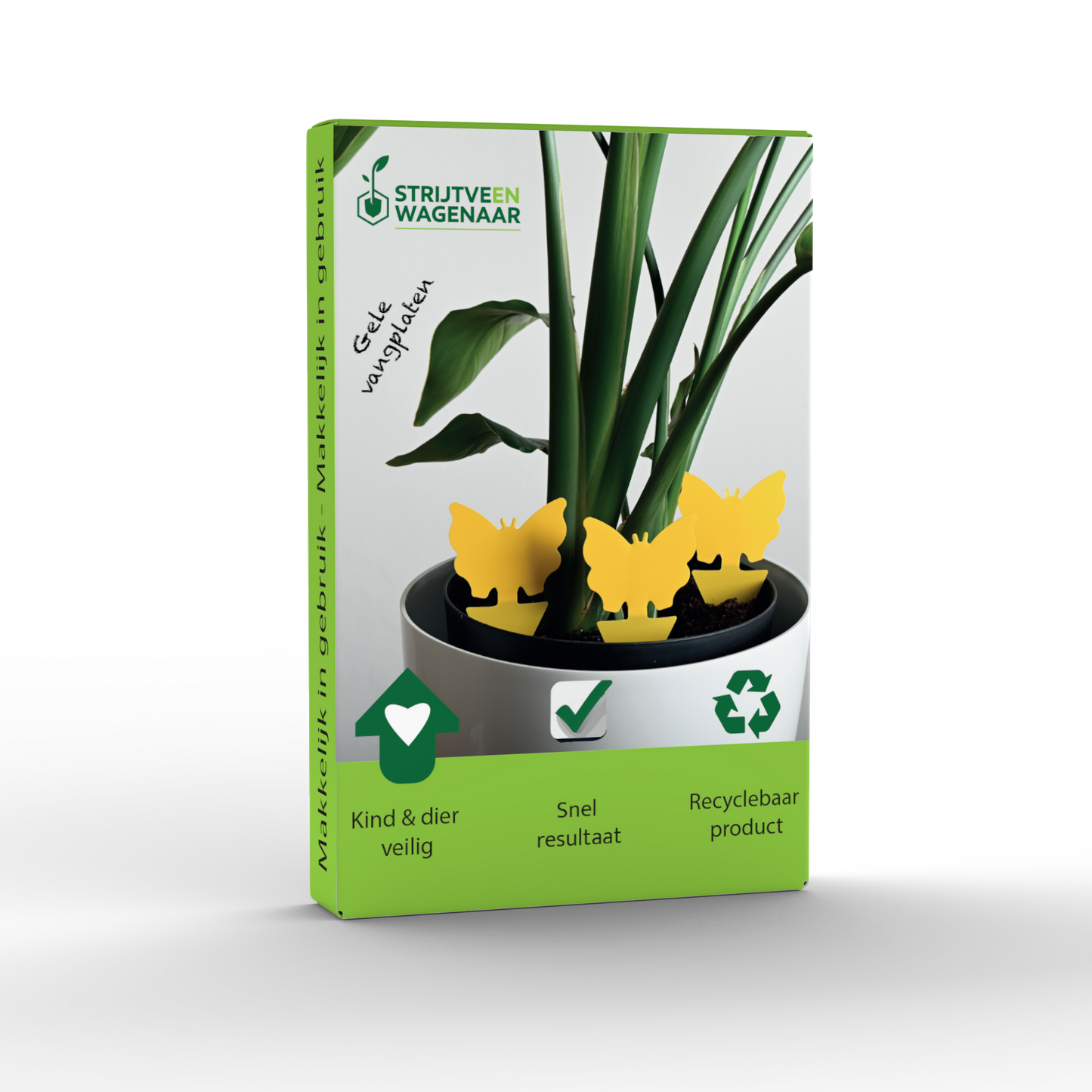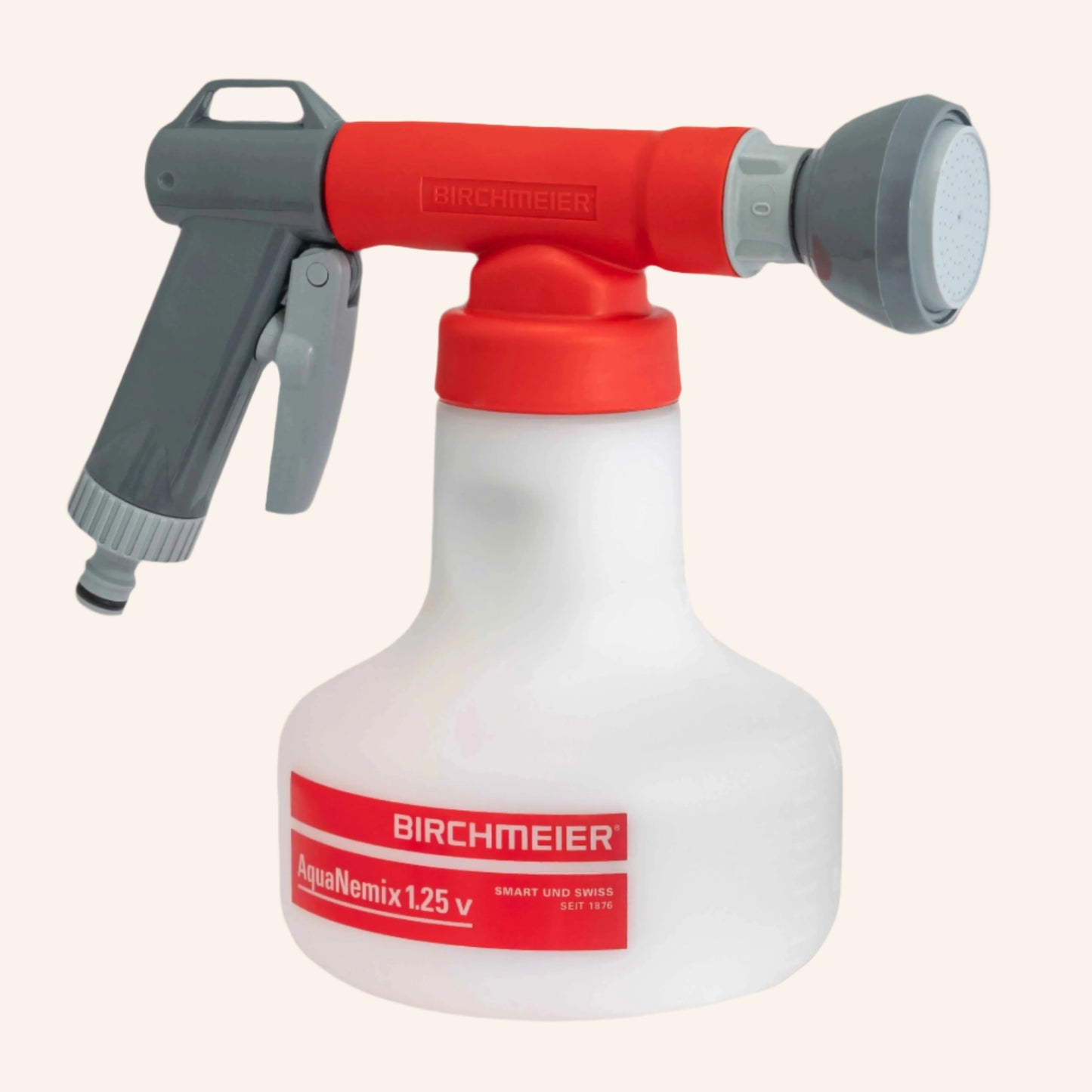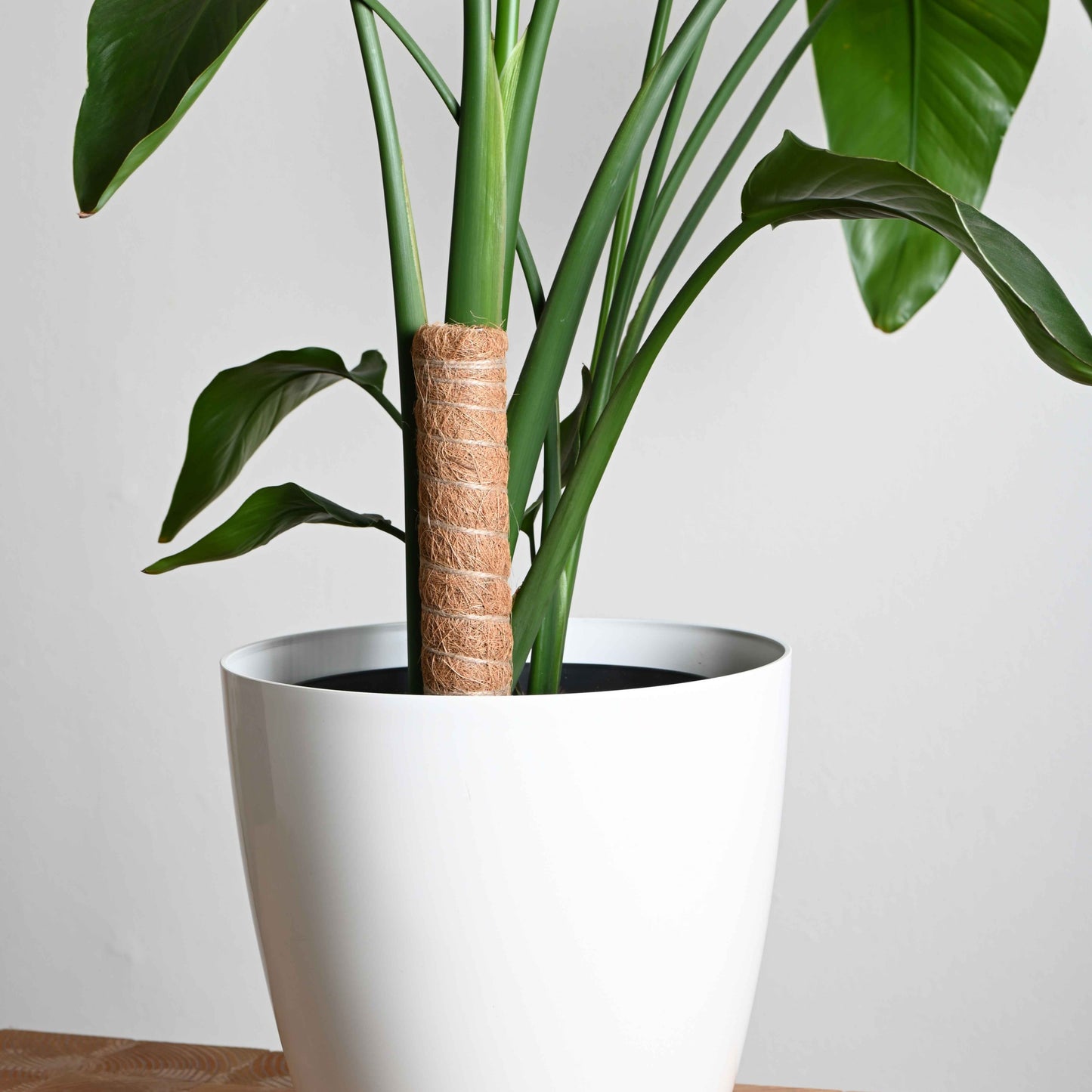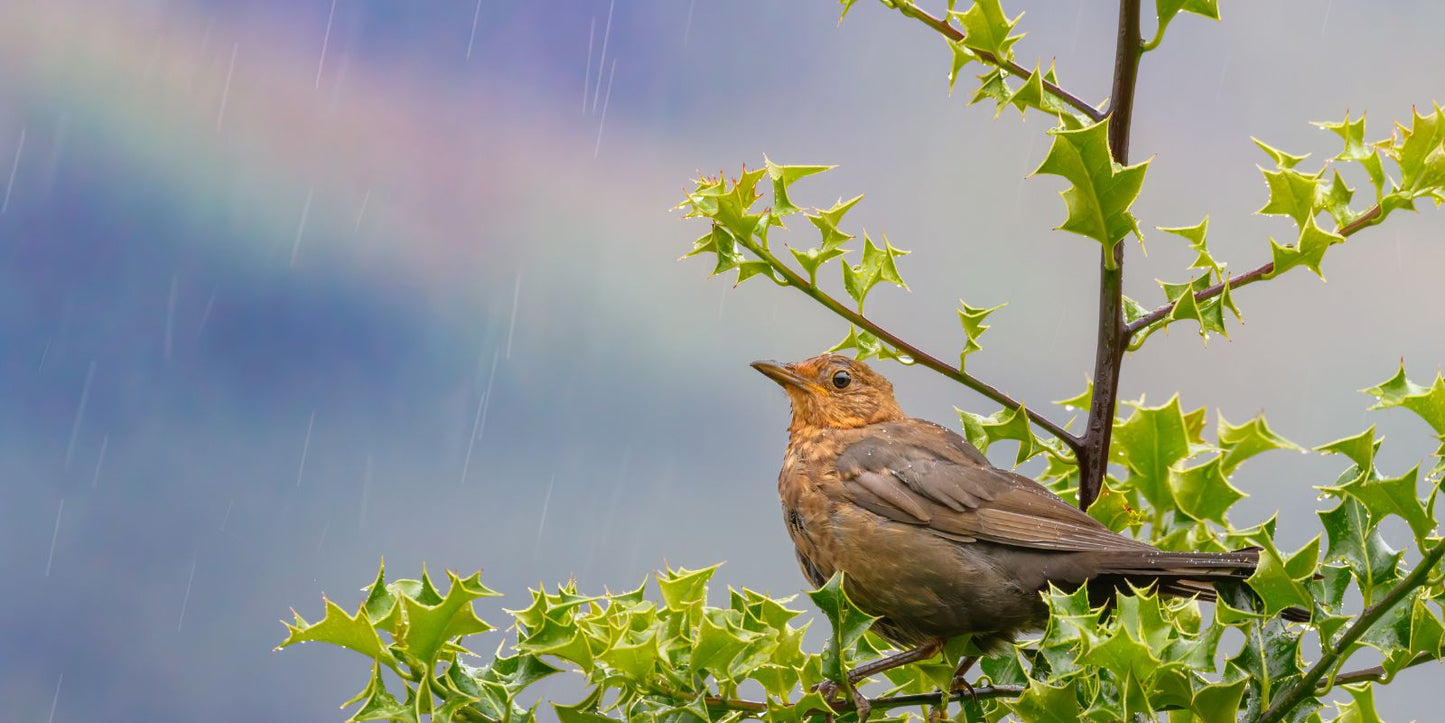
It's been raining heavily these past few days. And while your plants might be happy about that, unfortunately, it also brings a lot of unwanted visitors. Because when it rains, the world of pests changes. Some species sprout from the ground, while others seek out the warmth of your home. Time to discover what to expect and how to protect your garden and home.
Why Rain Affects Pests
Rain doesn't just mean water for your plants, but also a change of habitat for insects and pests. Here's how it works:
- Flooded burrows: many insects normally live underground. When the ground fills with water, they flee upward.
- Damp = ideal: mold, larvae, and snails love damp places. Rain suddenly makes your garden extra attractive.
- Fewer predators: in rainy weather, birds and other natural enemies are less active, so pests have free rein.
These are the 5 pests you often see after heavy rain
After a period of heavy rain, everything suddenly seems to grow and flourish, but unfortunately, the same is true for pests. The moisture brings out all sorts of unwanted creatures, both in the garden and indoors. Here are the five most commonly encountered:
Snails
After a heavy rain shower, you see them everywhere: snails . They love damp conditions and emerge mainly at night to feed on young plants.
Mosquitoes
Stagnant rainwater in buckets, rain barrels, or flowerpots is the perfect breeding ground for mosquitoes. Within a few days, you'll have a swarm.
Fungus gnats
These tiny flies appear indoors when the potting soil remains too wet. Fungus gnat larvae feed on roots, causing plants to weaken and turn yellow.
Ants
When their underground nests become too wet, ants seek out dry, safe places. For example, inside your house, near kitchen cupboards, or in the shed.
Soil larvae
The rain triggers all sorts of insects to lay eggs in the moist soil. The larvae attack roots before you know it.
What can you do in rainy weather?
- Ensure good drainage. Never let pots sit in water. Use saucers only when it's dry.
- Check plants regularly. Look for feeding damage, discoloration, or mold growth.
- Use nematodes or natural pest control agents. Especially for larvae and snails, they're a non-toxic and effective weapon.
- Cover sensitive plants. This protects them from pests and excessive moisture.
- Don't let water stand. Pour rainwater out of buckets, watering cans, and flower pots.
Handy to remember
Rain brings life to your garden, but unfortunately, it also brings pests. So be extra vigilant after a wet spell. By smartly monitoring, timely pest control, and rainproofing your garden, you can keep things in check.
👉 Need help with a specific pest? Check out our overview of natural pest control products or contact us for free advice.

